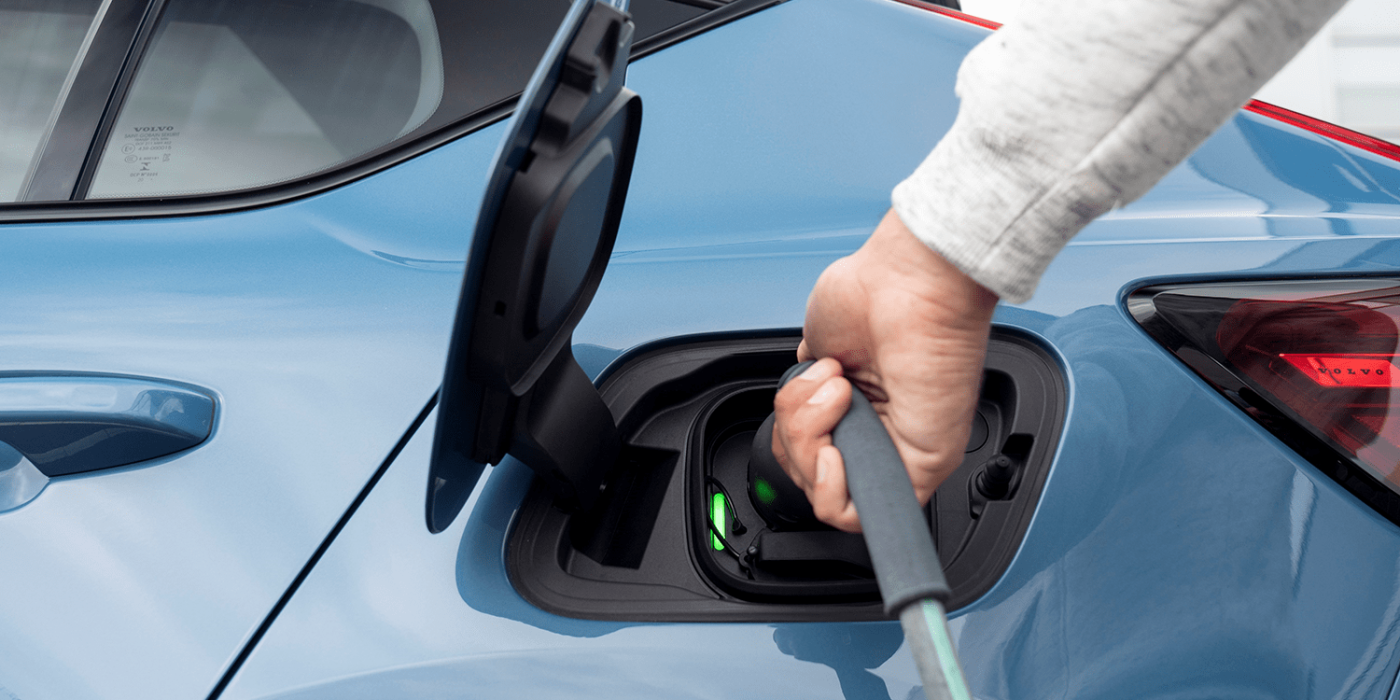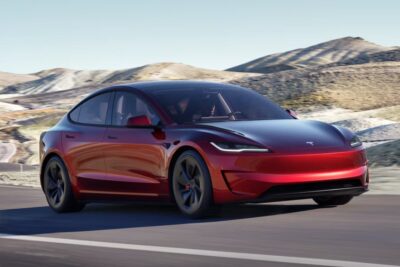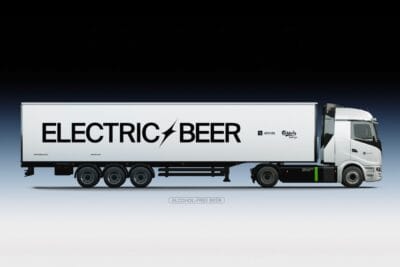Germany marks 48,436 new EV registrations in December
With 48,436 new electric cars, the German Federal Motor Transport Authority (KBA) recorded a new record for new registrations in December. With a share of 21.3 per cent, this segment reached another record high.
A total of 227,630 new passenger cars were put on the road across all drive types – a drop of 26.9 per cent compared to December 2020. The annual balance sheet thus shows a total of 2.62 million new cars, 10.1 per cent fewer than for 2020. In 2021, 65.4 per cent (-6.5 per cent) of new cars were registered commercially and 34.6 per cent (-16.3 per cent) privately.
The chip shortage is contributing its share to the decline. Due to the worldwide chip crisis, the situation in the German factories has worsened, also for electric cars. In the week of 15 November, for example, the assembly lines in Zwickau came to a standstill. In addition, the chip problem is also making itself felt in delivery times. Individual equipment details or even entire model variants cannot even be ordered at the moment.
Back to the registration figures: In addition to the 48,436 new electric cars (+10.9 per cent compared to December 2020, share of 21.3 per cent), the Federal Motor Transport Authority also recorded 32,752 new registrations for plug-in hybrids (-16.8 per cent, share of 14.4 per cent). Registration figures for fuel cell passenger cars are not yet available.
Looking at the new registrations from January to December of this year, the picture is as follows: A total of 355,961 electric cars were newly registered – an increase of 83.3 per cent (share of around 13.6 per cent) compared to the previous year (194,163 new registrations, share of around 6.7 per cent). The increase in plug-in hybrids, on the other hand, was somewhat smaller. From January to December 2021, the KBA recorded a total of 325,449 new PHEV registrations – an increase of 62.3 per cent compared to the previous year (200,469 new registrations).
With the increasing shares of (partially) electrified cars, the share of pure combustion vehicles is consequently decreasing. In 2021, new registrations of petrol cars fell by -28.6 per cent compared to the previous year – a share of 37.1. Diesel cars accounted for a share of 20 per cent of new registrations and recorded a decline of 36 per cent.
Details on the individual models are not yet available. The KBA will only publish this information in the next few days. However, new car registrations by brand already show that Tesla, with 6,662 new registrations, achieved a share of 13.8 per cent among electric cars. Smart, on the other hand, also a purely electric brand, achieved 2,213 new registrations (a share of around 4.6 per cent).
The KBA has not yet released figures on the number of cars in circulation. These are not expected until the coming weeks. However, it can be assumed that the stock of all-electric cars as of 1 January 2022 will have doubled compared to the stock as of 1 January 2021 (309,083 electric cars) thanks to the new registrations from last year.
One aspect should also be mentioned: For many models, there is a van variant in addition to a passenger car variant. However, these are not listed by the KBA in the passenger car registrations. For example, there were no registrations for the Opel Vivaro-e in the passenger car registrations in recent months. The Nissan e-NV200 is listed, but only for passenger car registrations. This circumstance also applies to all other manufacturers. This means that there are more electric vehicles on the road in Germany than the statistics for new car registrations would suggest.
Although the chip crisis, among other things, continues to push up delivery times, record levels of new registrations are expected again this year. The demand for electric cars is rising. One reason for this is the environmental bonus including the innovation premium. The Minister of Economics and Climate Protection, Robert Habeck, initially extended the bonus by one year until the end of 2022, as provided for in the coalition agreement. With the publication in the Federal Gazette on 30 December 2021, the adjusted funding guidelines came into force on 1 January 2022.
This means that the current funding rates (up to 9,000 euros for a purely electrically powered vehicle and up to 6,750 euros for a PHEV) will remain valid in 2022. The German federal government had introduced the innovation bonus as part of the Corona economic stimulus package 2020, doubling the state share of the environmental bonus. This scheme was limited until the end of 2021, but the then federal government had already agreed in November 2020 on an extension until the end of 2025. The new federal government will work out what the subsidy will look like from 2023 in the course of this year.
With reporting by Daniel Bönninghausen, Germany.
kba.de (in German)





0 Comments